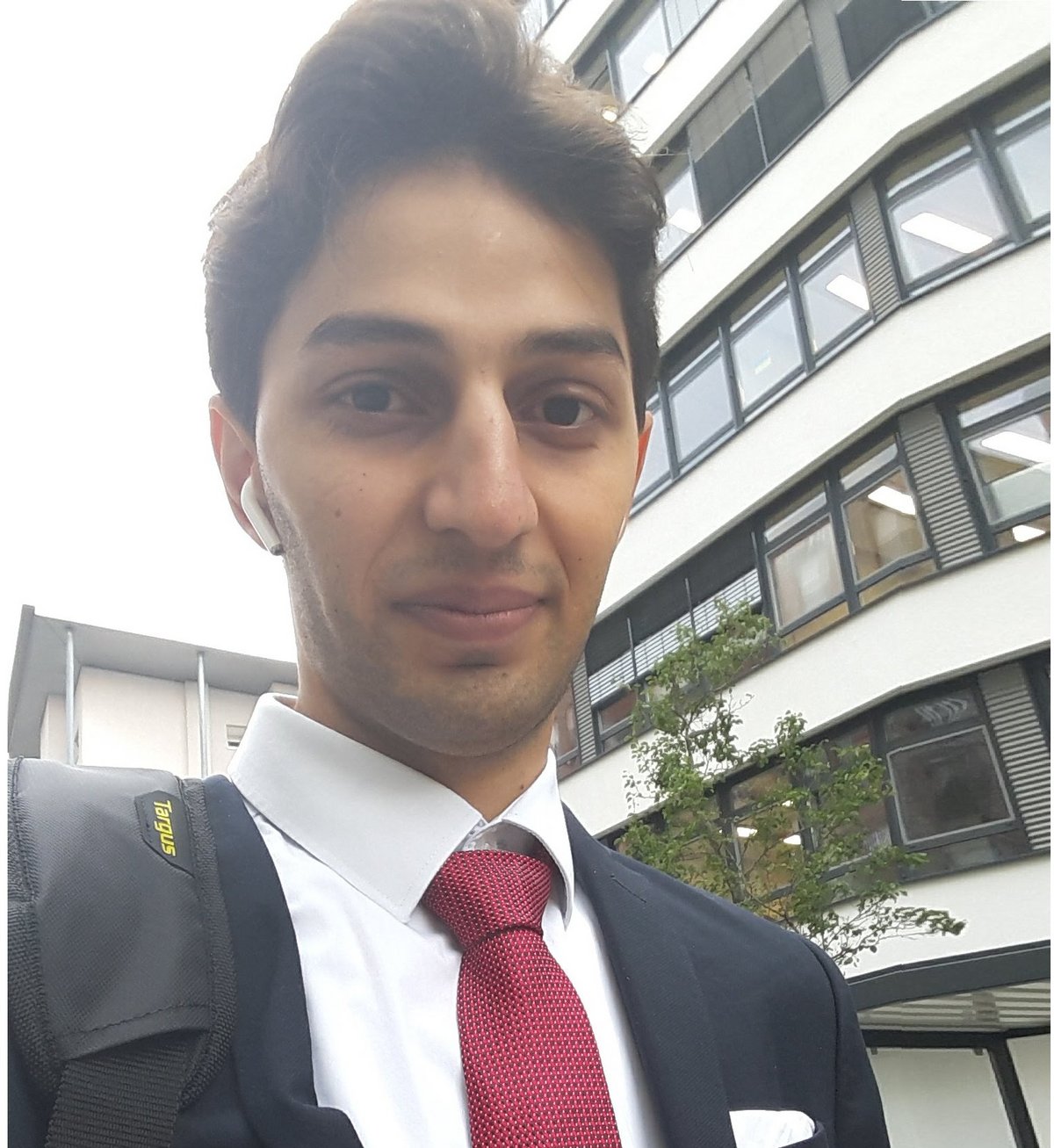Interview with BTU Alumnus Vardan Hovsepyan (Culture and Technology)
BTU alumnus Vardan Hovsepyan is traveling internationally. After completing his Bachelor's degree in Culture and Technology in Cottbus, Vardan Hovsepyan completed a Master's degree in Finance and Accounting at the FOM University of Applied Sciences and is currently doing his doctorate at Brittany University in France and Croatia, funded by a scholarship from Hong Kong. As part of his Doctor of Business Administration, he also worked with an international team on the topic of "Using project management tools to achieve international climate goals". He always kept in mind the words of BTU lecturer Dr. Steffen Groß: "Cooperation instead of confrontation". This also became the overarching motto of the international team, which was one of the winners of the 9th Science Summit of the UN General Assembly.
Hello Mr. Hovsepyan, how did you come to study in Cottbus and how has it shaped your career?
Hello Mr. Ebert and thank you for your invitation! I found out about the courses offered by BTU in 2014 when I was looking for opportunities to take a German language exam for university entrance in a timely manner. At that time, I found an opportunity at the BTU in Senftenberg. I contacted the BTU's Student Administration Office for possible advice. As I had already studied management at the French University in Armenia for a year, I wanted to continue my studies in Germany in the same direction. I had already applied to BTU for business studies. However, a BTU employee recommended that I should also look at the interesting Culture and Technology study programme. According to her recommendation, KuT would be more flexible than business studies. This allowed me to combine my interests in Economic Sciences and Social Sciences during my studies. This motivated me a lot and I decided to change my study programme right at the beginning of my studies. Thanks to this decision, I was later able to work for well-known, world-leading companies. Of course, the professors at BTU played a special role in this. Above all, I am grateful to apl. Prof. Dr. Steffen Groß, Prof. Dr. Hans Friesen and Dipl.-Volksw. Stefan A. Uhlich for my career.
Can you please tell us more about the UN Science Summit?
A number of basic requirements must be met when submitting an application for this summit: The scientific research results should be about at least one of the 17 Sustainable Development Goals of the United Nations. The team must consist of people from different regions and countries. There must be at least 3 people per team. And the scientific results should be of international significance, as these results can later be presented to the UN General Assembly. More details about the Scienc Summit can be found via the following link https://sciencesummitunga.com/who-we-are/.
What is the work submitted by your team about?
Our scientific team dealt with a project management topic. An international project called "International North-South Transport Corridor" has been running since 2000, which could connect South Asia with Europe by train, among other things. The annual trading volume involved in this project is approximately 1.5 trillion US dollars according to 2021 statistics. This project could save around 650 billion US dollars over the next 20 years. As this project is about replacing the currently much longer sea route with a possible train connection, this could also halve the current negative impact of shipping on climate change. The climate benefit can be compared to installing solar panels on five times the area of Germany. The core routes of this project are to run through Armenia and Georgia. However, many cultural, economic and political factors have hindered this project over the past 23 years. But now, with the help of the EU, more can be realized in this region. After the EU peacekeeping mission in Armenia, it will be possible to build the missing core train line and complete the project in the near future.
What tips do you have for students and alumni who would also like to work and research internationally?
I recommend that each person does what they really like. You should definitely consider the intercultural aspects of international projects. You shouldn't overestimate or underestimate anyone because of their country of origin. Scientists from Indonesia, Malaysia, Singapore, Armenia, Ukraine, Germany and Luxembourg were involved in our scientific work. This resulted in wonderful research ideas, which would not have been possible from a European perspective alone.
In your private life, you also play chess passionately with an Elo rating of 2288 for ASP Hoyerswerda e.V., among others. To what extent does chess training help you in your work?
I've been playing chess for about 22 years. I play many sports, but chess was and still is my favorite sport. Before I came to Germany to study, I was one of the best players in my age group in Armenia. Despite my strong performance in chess, I decided to continue my education in Germany. My chess club ASP Hoyerswerda e.V. also helped me a lot in this, for which I am very grateful. Since I've been in Germany, I've unfortunately had very little time for chess training. But I always try to find time to continue playing actively. Above all, chess has shaped my character. It has taught me to be single-minded. But I have also learned how to deal with loss or failure.
What do you miss most from your periods of study in Cottbus?
What I miss most are the many sports activities that I was able to do so cheaply alongside my studies and, above all, the incomparable library building, where I had the best opportunities to study.
Contact us
Stabsstelle Friend- and Fundraising; Alumni
T +49 (0) 355 69-2420
daniel.ebert(at)b-tu.de

